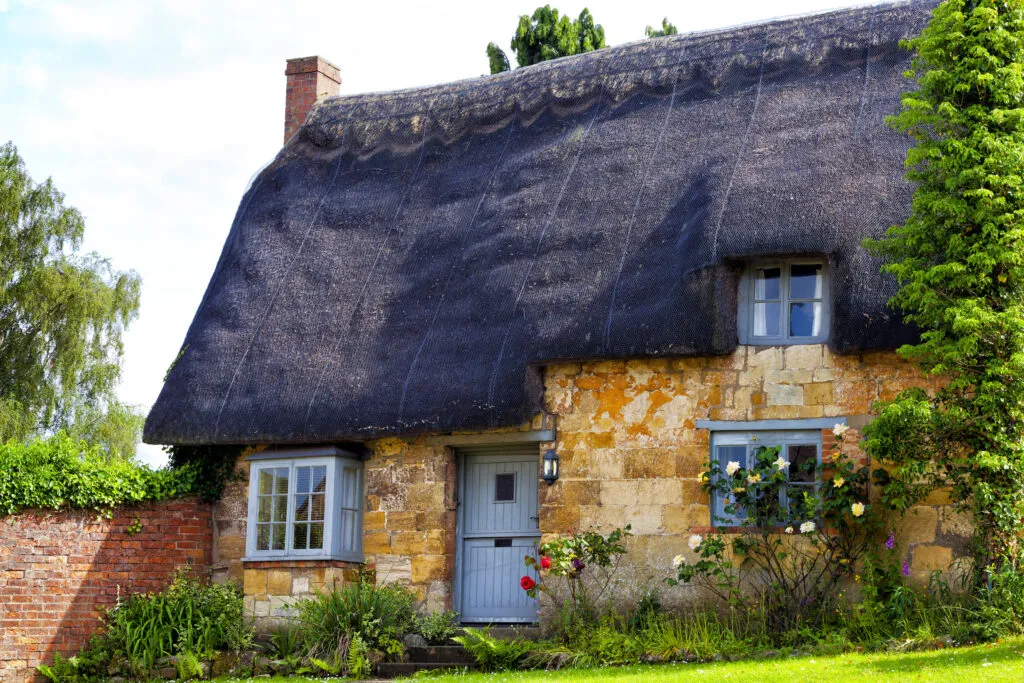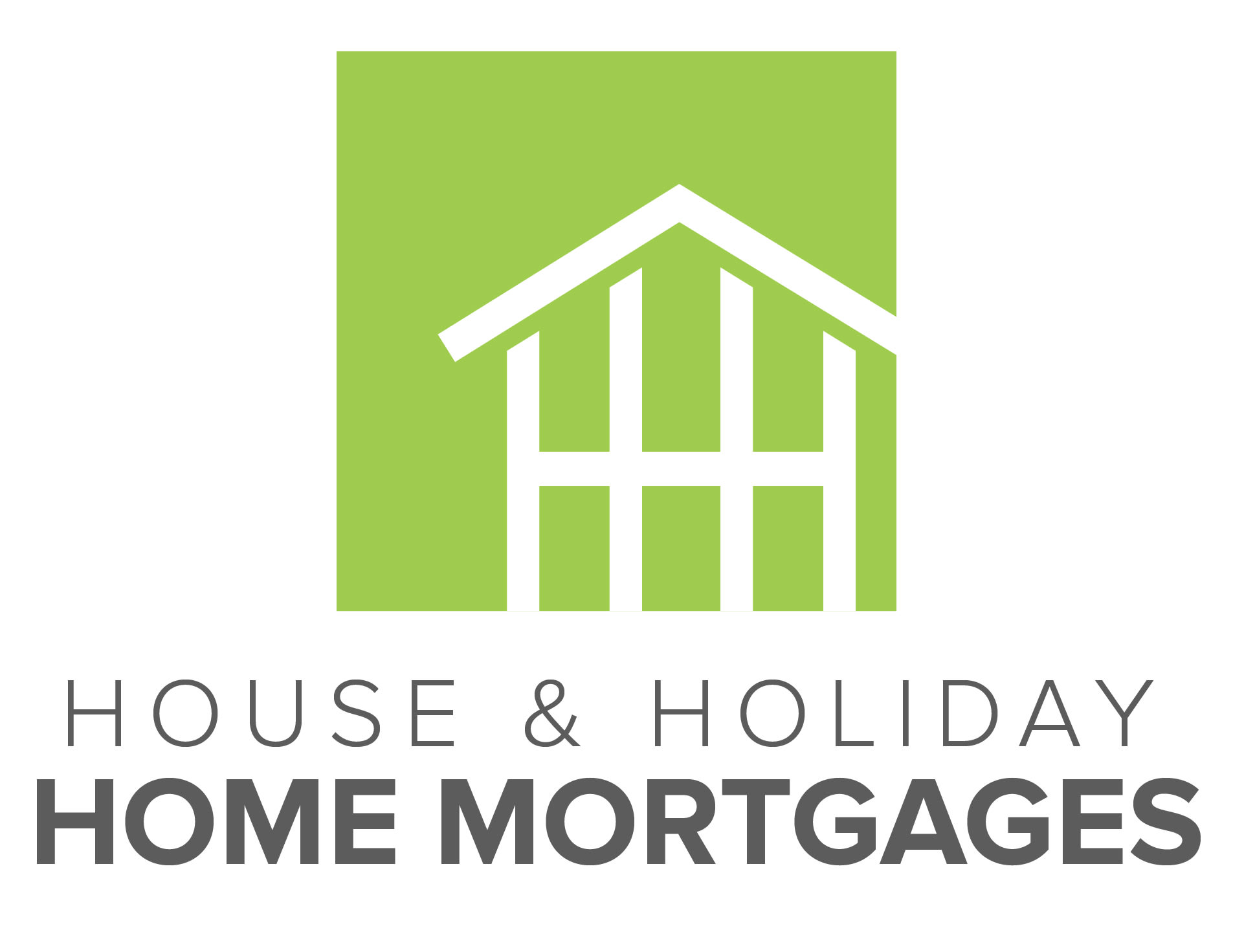Five things you need to know about holiday let mortgages

Owning a holiday home is something that many people dream of.
Whether you’re looking to buy a summer bolthole to enjoy with family and friends or a holiday let that generates an additional income, chances are you’ll need the right mortgage to proceed.
If you’re serious about buying a furnished holiday let, here are five things you need to know about holiday let mortgages and why you need one.
1 – What is a holiday let mortgage?
Holiday let mortgages are designed for people wanting to borrow money to buy a property they plan to let out to tourists or holidaymakers on a short-term basis.
They are different from holiday home mortgages, which buyers use to purchase properties intended only for personal use.
For a property to count as a holiday let rather than a holiday home, it must be available for letting as furnished holiday accommodation for at least 210 days per year and be let out for at least 105 days.
Holiday lets are classed as businesses, which means their owners can claim tax relief on mortgage interest and any other eligible expenses associated with buying and maintaining the property.
So, if you’re interested in buying a holiday home and making it available to let, then understanding your options when it comes to the type of mortgage you need is essential.
An experienced and independent mortgage broker, like House & Holiday Home Mortgages, will be able to guide you through the process and help you get the right mortgage for your needs.
We also recommend you seek independent tax advice to understand the implications and obligations involved in buying a holiday let property.
2 – The different types of mortgages for holiday homes
The type of mortgage you’ll need for your holiday home and where you can get it will depend on how you plan to use the property you want to buy.
If you’re buying it for personal use and don’t plan on letting it out, it will be classed as a second home, and you’ll probably need a holiday home mortgage to buy it.
If you plan to let your holiday property to tourists or guests for a profit, you’ll need a holiday let mortgage. You’ll still be able to enjoy your property with your family and friends when it’s unoccupied.
And if you want to rent out your holiday home for extended periods, subject to short-term or long-term tenancy agreements, then you’ll probably need a buy-to-let mortgage.
Buy-to-let mortgages are classed differently from holiday let mortgages.
The assessment criteria for each type of mortgage are different. There may also be implications around what costs you can offset against any profits you make from letting the property out.
Again, getting advice from a specialist mortgage broker with experience in the holiday let market is essential, along with independent tax advice.
3 – Holiday let mortgage lenders
While the holiday let mortgage market is growing, it’s still a niche area of lending. However, several lenders offer mortgages for holiday lets, and there is a lot of information available to help you get started.
While it’s possible to shop around, find a lender and apply yourself, it’s always a good idea to get some professional mortgage advice from someone who understands the market, knows the lenders and can help you find the right mortgage for your needs.
Some lenders will also only arrange holiday let mortgages through a broker or intermediary, which means if you don’t have one, you may be narrowing your options in terms of what’s available.
Ultimately, an experienced holiday let mortgage broker will be able to help you choose the right mortgage and guide you through the application process to maximise your chances of securing one.
4 – Qualifying for a holiday let mortgage
Most mortgage providers will assess each application on a case-by-case basis, according to their lending criteria.
Some of the things your holiday let mortgage lender may consider include your income, deposit level, home-ownership status, property rental experience, credit history.
They will also consider the property itself, any unusual factors and its income potential from lettings, before deciding whether to lend, how much you can borrow and even what the mortgage rate will be.
5 – Holiday let benefits
There are several benefits to owning a holiday let property.
It represents a long-term investment in an asset that you’ll be able to enjoy – or sell on – later in life. It can generate a valuable extra revenue stream in addition to your primary income.
And because of how the Government views the rental income generated from a furnished holiday let, you may be able to deduct certain expenses before your tax assessment or offset the mortgage interest against your holiday let income.
You should speak to an independent tax adviser about this.
Speak to us today
With the right advice and guidance, securing a holiday let mortgage can be a relatively straightforward process.
Our expert team has over 40 years of experience in the holiday let market and is dedicated to taking the stress away from getting the right mortgage.
We’ll provide honest, straightforward advice and guidance on the right way forward and help you arrange the deal that’s right for you to make your investment a holiday let property as pain-free as possible. For more information, get in touch today.

